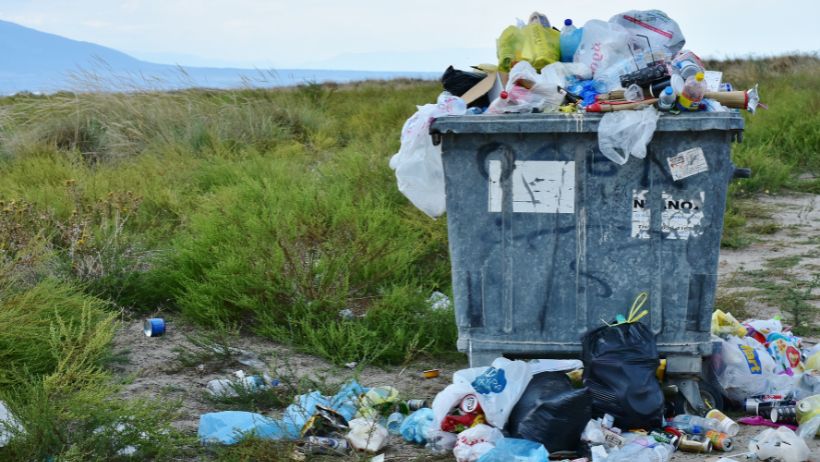
The Essential Guide to Efficient Waste Management
Waste management is a crucial aspect of our daily lives, whether at home, in the office, or on a construction site. Proper waste disposal keeps our environment clean and contributes to a healthier and safer community. This article will delve into the importance of efficient waste management and how to achieve it.
Understanding Waste Management
Waste management involves the collection, transportation, and disposal of waste materials. These materials can originate from various sources, including residential areas, industrial sites, and construction projects. The process aims to reduce the impact of waste on the environment, health, and aesthetics of our surroundings.
Types of Waste
There are several types of waste, each requiring a different disposal method. These include:
- Municipal waste: Everyday waste from households and businesses, such as food scraps, paper, and plastic.
- Hazardous waste: This includes waste that can harm human health or the environment, such as chemicals, paints, and batteries.
- Construction and demolition waste: This includes waste from building materials, such as concrete, wood, and metal.
The Importance of Efficient Waste Management
Efficient waste management is vital for several reasons. Firstly, it helps to conserve natural resources. Recycling and reusing waste materials can reduce the demand for new resources. Secondly, it helps to protect the environment. Proper waste disposal prevents pollution of air, water, and land. Lastly, it contributes to public health. By reducing the amount of waste in our surroundings, we can prevent the spread of diseases.
Achieving Efficient Waste Management
Achieving efficient waste management requires a combination of strategies. These include reducing the amount of waste we produce, reusing items where possible, recycling materials, and disposing of waste responsibly.
Reduce, Reuse, and Recycle
The first step towards efficient waste management is to reduce the amount of waste we produce. This can be achieved by buying only what we need, avoiding single-use items, and choosing products with less packaging.
Reusing items is another effective strategy. Instead of throwing away items that are still functional, consider donating them or finding a new use.
Recycling is also crucial. Many materials, such as paper, plastic, glass, and metal, can be recycled into new products. This reduces the amount of waste that ends up in landfills and saves energy and resources.
Responsible Waste Disposal
Despite our best efforts to reduce, reuse, and recycle, there will always be some waste that needs to be disposed of. This is where responsible waste disposal comes in. Depending on the type of waste, this could involve composting, recycling, or using a professional waste disposal service.
For larger waste items, particularly from construction and demolition projects, a Las Vegas dumpster can be an excellent solution. These dumpsters are designed to handle large volumes of waste, ensuring that it is disposed of safely and efficiently.
Final Thoughts
Efficient waste management is not just about disposing of waste. It’s about taking a proactive approach to reducing, reusing, and recycling, thereby minimizing the amount of waste we produce. Doing so can contribute to a cleaner, healthier, and more sustainable world.

